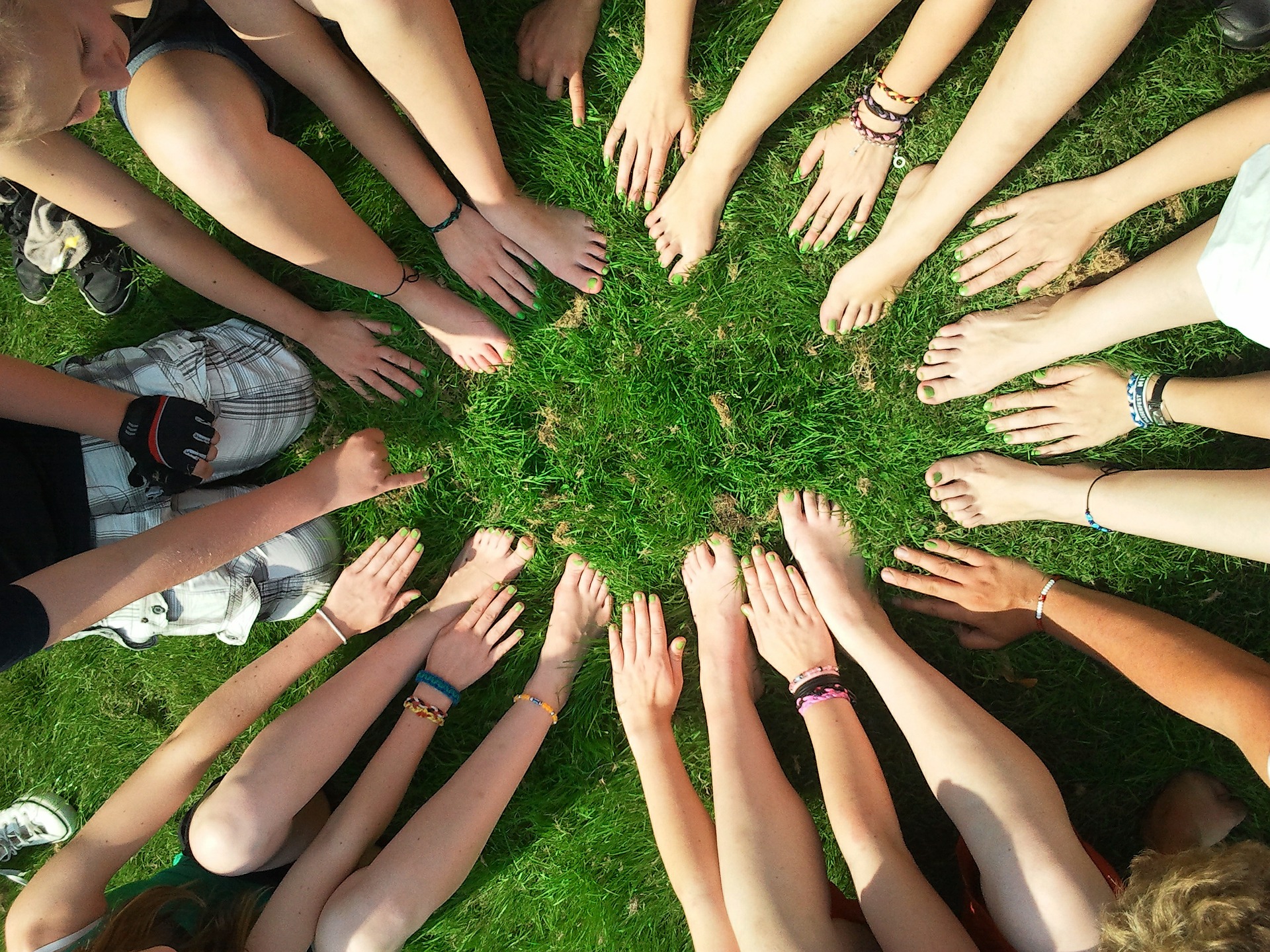
People tend to think of happiness as a natural byproduct of some achievement—like landing a successful career or reaching peak physical fitness. But in reality, our happiness (or unhappiness) tends to be more closely associated with the quality and nature of our relationships.
Having a successful Community can mean a number of things, like having close relationships with your family members, having a loving partner, or having multiple friends you could call on for help if and when you need it. But one of the most important institutions for a thriving social life is community—having a group of somewhat like-minded or similar people, who get together and support each other regularly.
Why Communities Are Important
So why are communities so much more important than solitary relationships or independent achievements?
- Acceptance and belonging. One of the most basic human needs is the drive to be accepted and feel like you belong. We’re social creatures, so if we feel like we’re outcasts or like we aren’t liked, it can have a detrimental effect on our mental health. Participating actively in a community proves that we’re accepted, and shows that we have a place where we belong, which can make us more confident and happier.
- Routine. Most communities also give us a kind of routine. For example, if you’re part of a monthly book club, you could look forward to the start of each month as you obtain and start reading a new book, and the end of each month when you gather to talk about it. The consistency and eventual familiarity of this routine can make you feel more comfortable and happier in your own life.
- Friendships and relationships. Communities are one of the best outlets in which to meet new friends and romantic partners, who in turn, can give us a higher sense of happiness and satisfaction. Obviously, it takes time to develop an acquaintanceship into a full friendship or relationship, but communities are the perfect opportunity in which to do it, since you’ll meet regularly and will have at least one solid interest in common.
- Support. Communities frequently offer support to all their members, unconditionally, especially if you’re experiencing a problem related to the nature of the community. For example, if you’re part of a bicycling club and you get a flat tire, you could probably find a member willing to help you change it out. Support makes it easier to solve your problems, but more importantly, it gives you a sense of security—that you aren’t alone in your struggles.
- Encouragement. Most communities also offer a kind of encouragement toward positive habits. For example, a club or organization focused on health could incentivize you to eat healthier or work out more frequently, ultimately resulting in increased happiness in other categories.
How to Find One
Some of us are born into communities, and some of us stumble upon them naturally. For the rest of us, there are many ways to find and build a new community:
- Find the right apartment complex or neighborhood. Some apartment complexes offer opportunities to meet and regularly interact with your neighbors. If you’re constantly running into each other in the hallways and at social gatherings, you’ll form your own kind of bond—especially if everyone there is into the idea of building that community.
- Take a class. You could also take a class, since classes tend to meet regularly and demand that everyone taking them have some kind of fleeting interest in the material. The only downside is that it usually costs money to attend.
- Join a group. You can join a group already in progress, especially if it’s on the lookout for new members. Joining a group of avid readers, board gamers, or political activists could introduce you to new activities and help you meet with like-minded people.
- Pick up a hobby. If you’re interested in branching out, you could also pick up a new hobby. Getting involved in a hobby will often naturally introduce you to other people who are more experienced in that hobby. You can learn new skills and immerse yourself in a community at the same time.
- Volunteer. Finally, you can volunteer. Local organizations are always on the lookout for more people to donate their time, so if you have the time to donate, you can do some good while getting to know a group of people (and a worthy cause). You can use a site like VolunteerMatch to help you find the perfect opportunity.
Regardless of where you start looking for a community, the most important factor for your success here is to get involved and stay consistent. Merely showing up to a meeting once or twice isn’t going to make you an active part of the community—you have to attend regularly, sometimes for weeks, or even months before you start to feel the benefits of being involved (and start building real friendships). If you’re serious about being part of a community, you have to commit.